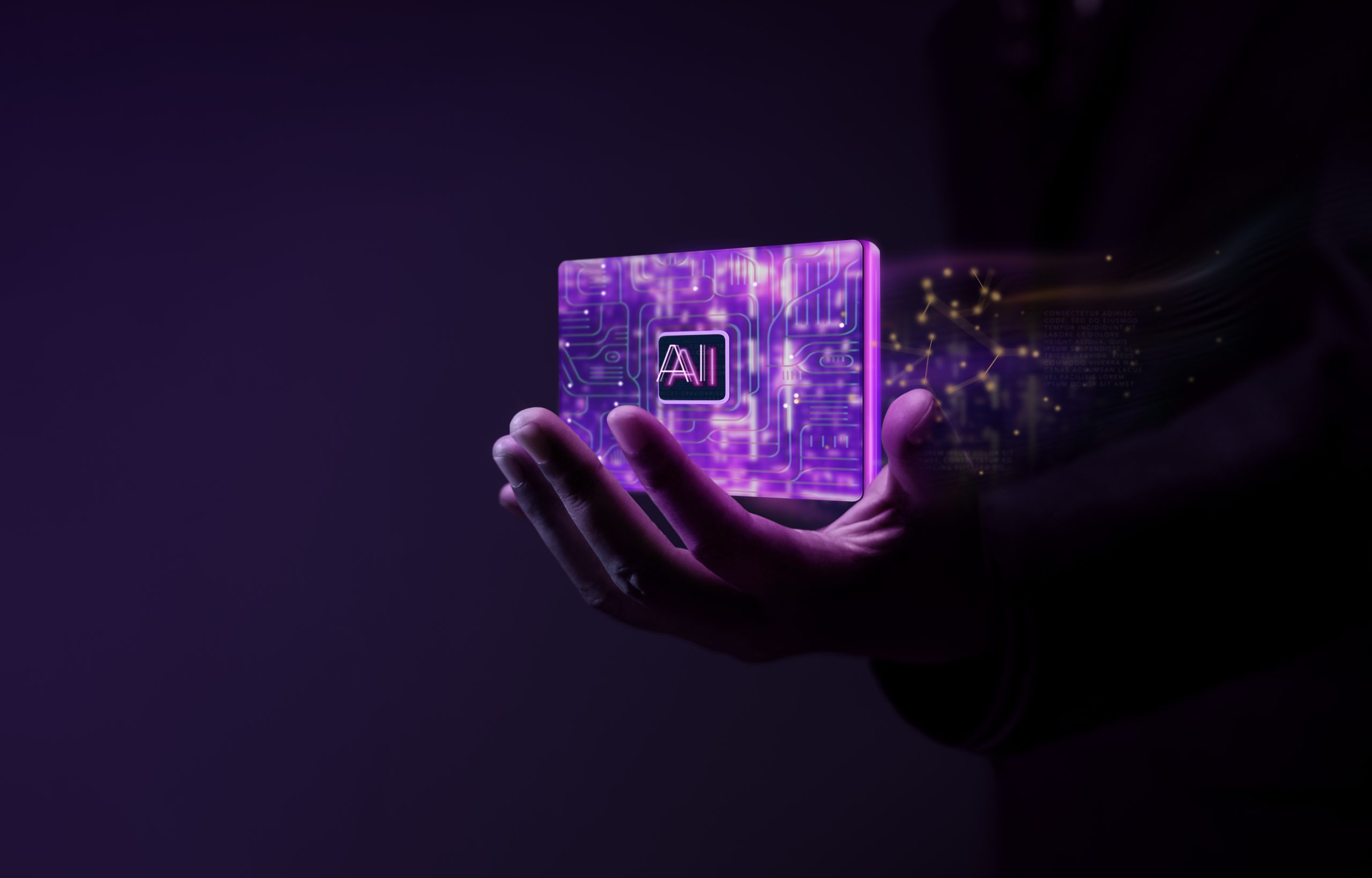Where will AI have the most impact on industry in 2024?
In 2023, AI was an overriding technological issue impacting business and people’s lives.
From concerns about increasing joblessness to cybersecurity, artificial intelligence and the change it brings were ongoing and repeated news stories.
But where will AI impact industry the most in 2024?
We’ve identified five key areas:
- Autonomous systems
- Simulation technologies
- Training solutions
- Virtual reality (VR)
- Predictive maintenance
Autonomous AI Systems
Autonomous AI is the technology that allows a car to drive without a human's guiding hands. It also enables drones, robots, and other devices to operate independently.
Whereas self-driving cars are not yet commonplace on Britain's roads, in 2023, the Government announced a forthcoming automated vehicles bill.
This will provide the legal framework for autonomous vehicles to operate safely, and the implications are significant for the self-driving sector.
Meanwhile, AI algorithms continue to develop, enabling autonomous systems to go beyond simple, coordinated tasks and incorporate strategic planning into their functions. This will result in improved decision-making, more accurate navigation, and highly reliable safety features.
The progression of autonomous systems depends on the capacity to anticipate potential problems and make decisions to overcome or avoid them. This strategic factor will be decisive in AI's development and how different industries apply artificial intelligence.
Manufacturing and logistics have been early adopters of AI but the spread of autonomous systems has wider implications, covering many more areas of work, such as healthcare, energy, construction and agriculture.
Simulation Technologies and AI
The impact of AI on simulation technologies is transforming learning, training and testing capabilities within the defence, aerospace and engineering industries.
Essentially, AI accelerates how machines and devices learn. Alongside managing massive data sets, AI determines the best infrastructure to run simulation technology and automates critical and complex responses.
Simulation workflows are enormously complex and require critical decision-making from researchers and developers. Therefore, applying AI to these workflows is a game-changer.
By accelerating workflow processes behind the scenes, AI improves the front-of-house user experience, enabling better predictive modelling and scenario planning while providing an enhanced, immersive sense of realism.
Artificial intelligence is helping to address complex defence, aerospace and engineering training and product development needs through advanced simulation technologies.
AI Training Solutions
AI is transforming how organisations train their staff. This revolution is becoming widespread and impactful.
It applies to specialist areas of training, such as multi-role virtual simulation in the defence and military industries but also extends to other areas of learning and development. These cover workforce analytics, artificial mentoring and augmented content for learners.
A vital aspect of training is addressing individual needs, even when a learning programme is company-wide.
AI’s sophisticated processing of large data sets can help organisations identify training gaps at an individual level and then tailor training programmes accordingly. It also enhances performance management software.
This meets the needs of individuals, reduces costs and supports positive, inclusive workplace cultures.
Just as AI powers autonomous systems, it supports iterative and autonomous learning, where individuals can take control of their development, learning more efficiently and effectively.
AI and Virtual Reality (VR)
AI makes virtual reality (VR) feel extremely real to the user. It boosts interactivity by creating vivid, immersive and responsive virtual environments.
Responsiveness is a vital quality for enhancing the VR user’s experience. It marks the crucial difference between a realistic backdrop and a dynamic scenario with which the user has an ongoing dialogue.
Using AI, VR objects will interact with each other, and the user, in natural, believable ways. Scenarios and objects respond to user actions rapidly and smoothly in real time. Potentially, this can extend VR's capabilities as an immersive training and communications tool.
Generative AI is refining content creation within VR applications, streamlining the process whereby users question and interact with avatars, scenarios and each other in group training situations.
These advances in VR cut across industries, from education to automotive, engineering, design, defence and beyond.
Predictive Defence System Maintenance Using AI
AI unlocks the power of predictive analytics and points the way forward for improved maintenance of defence systems.
In economics and logistics, predictive analytics apply statistical algorithms to forecast trends. AI helps make these forecasts more rapid and accurate. But pairing AI with predictive analytics also works for other applications.
One of these is system maintenance. Combining predictive analytics with machine learning, AI can identify anomalies automatically. Detecting deviations from the norm provides vital insights into potential faults or threats to a system.
Back in 2020, the US Air Force announced it was expanding its predictive maintenance using AI. This trend will expand as AI develops, extending to multiple areas of defence, including arms and equipment alongside sophisticated computer networks and systems.
The Future is Happening Right Now
AI’s development is rapid and increasingly widespread.
It’s especially significant as an accelerating factor in managing and manipulating large amounts of sophisticated data and driving machine learning.
These qualities make AI highly adaptable for different functions and settings, including virtual reality and simulation.
Contact us to find out more about our services, our work and how we see AI shaping the future.




















